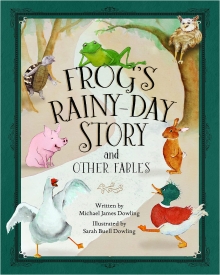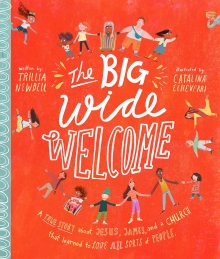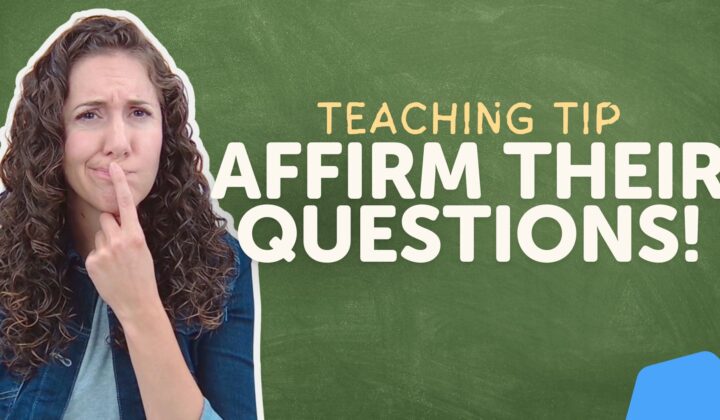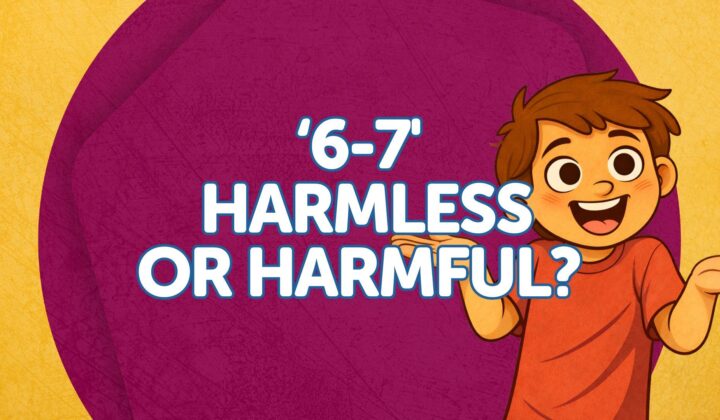Learn more about the journey that led to us equipping kids to carefully evaluate every idea they encounter.
Meet members of our team who have contributed to curriculum development.
Hear from real users of the Foundation Curriculum.
Learn what we believe about God, Jesus, Scripture, and more.
November 2022 Book Club Recommendations
Our goal in the Foundation Worldview Book Club is to provide resources for you to have meaningful, literature-based worldview discussions with the children God has placed in your care. We work hard to choose books with insightful, truth-based themes. However, we know that our subscribers will have different convictions about the content they allow in their homes, churches, and classrooms. We encourage you to read the recommended books ahead of time, to ensure that the content fits within the framework you have already established in your ministry context. Please also note that by recommending a certain book, Foundation Worldview is not endorsing every work published by a particular author. Some of the links below are affiliate links. This means that, at zero cost to you, Foundation Worldview will earn an affiliate commission if you click through the link and finalize a purchase.
Book for Adults

Amazing Grace: William Wilberforce and the Heroic Campaign to End Slavery
Eric Metaxas
Amazing Grace outlines the life, faith, and work of William Wilberforce, the British statesman who dedicated his life to ending slavery. This biography is an encouraging read, highlighting the difficulties of the task God placed before Wilberforce and the amazing grace God offered to equip him to finish the course.
Book for Children Ages 8-12

Frog’s Rainy-Day Story and Other Fables
Michael James Dowling
We do not often read fables with our children, but they can be a powerful way of teaching truth. Each of the fables in this book teaches a culturally-relevant truth that can help ground our children in reality. We recommend you read through this book with the children God has placed in your care, one story at a time, and take time to discuss the big truth revealed in each fable.
Question 1 - Read the big truth at the end of Frog’s Rainy Day Story. (We’re made for a much larger story, which we miss when we seek our own glory.) What are some of the ways we seek our own glory rather than letting God use us for His glory?
Discussion Guide - Discuss ways in which we strive for the spotlight: to be the best on the team, to receive the best grade in class, to make our lives look glamorous on social media, etc. Then discuss how you can strive to glorify God, rather than self, in each of these areas.
Question 2 - Read the big truth at the end of Duck’s Wrong Turn. (If there’s only one way, it’s foolish to say another way is okay.) What are some of the ways we see our culture claiming that untrue ideas are okay or even good?
Discussion Guide - Discuss how many people claim that all paths lead to God. But we do not see this in our current world. (Not all roads lead to Disney World or the Grand Canyon.) If working with older children, discuss how our society teaches that it is okay, even good, to change our bodies (our biological sex) to match our inner feelings (our supposed gender). But neither surgery nor hormones can alter the biological sex written on every cell in our bodies.
Question 3 - Read the big truth at the end of Turtle’s Favorite Turtle. (Those who puff themselves up in their own eyes are likely to have an unpleasant surprise.) What are some of the things we are tempted to falsely place our identity in rather than in our true identity as image-bearers of God?
Discussion Guide - Discuss how we are tempted to put our identity in our skills, our looks, our self-esteem, our financial status, etc. Discuss how all of these things are transient, but nothing can change the fact that we are image-bearers of the holy God.
Bonus Question - If your child has gone through Foundation Comparative Worldview Curriculum or Foundation Careful Thinking Curriculum, ask, “Where in these stories do we see the difference between objective truths and subjective emotions?”
Discussion Guide - Discuss how, in each of the fables, we saw the main characters following their subjective feelings, only to learn at the end that their feelings did not line up with what was objectively true.
Book for Children Ages 4-7

The Big Wide Welcome
Trillia Newbell
Playing favorites with food, games, and toys can be fun. But there is a problem when we play favorites with people. And that’s exactly what some people in the early church were doing. Jesus’s brother James knew this was a problem and wrote to Christians, reminding them that God wants us to love all people, not just those people who are easy for us to love.
Question 1 - What are some of the ways we might play favorites with people?
Discussion Guide - Discuss how we might only play with certain kids on the playground or choose only the most athletic friends for our team or only be nice to the people who are nice to us.
Question 2 - Why should we be kind and welcoming to all people?
Discussion Guide - Discuss how Jesus loved everyone. He always did what He knew was best for each person. If we are followers of Jesus, we should love as Jesus did.
Question 3 - What are some ways you can love others around you?
Discussion Guide - Discuss ways you can intentionally show love to friends and neighbors who might be more difficult to love.
Bonus Question - If your child has gone through Foundation Early Childhood Worldview Curriculum, ask your child if they can remember why every single person is valuable.
Discussion Guide - Discuss how each and every person is made in God’s image.
Join the Foundation Worldview Book Club
Each month we provide recommended reading with discussion questions for you and your child. Don't miss next month's recommendations from Foundation Worldview!
Related Posts and insights

Affirm the Questions of the Children You Are Teaching
Affirm children’s questions to foster curiosity and lifelong learning. Discover a simple, biblical strategy for building a love of learning.

How Should Christians Respond to the "6 7" Trend? Helping Kids Think Biblically About Cultural Phrases
How should Christian parents handle the "six seven" trend? Learn to avoid the genetic fallacy and guide your kids to think biblically about cultural phrases.

How Do We Explain the Doctrine of Election to Kids?
How do you explain the doctrine of election to kids without causing fear? Discover how Scripture's promises bring peace and assurance to children's hearts.
